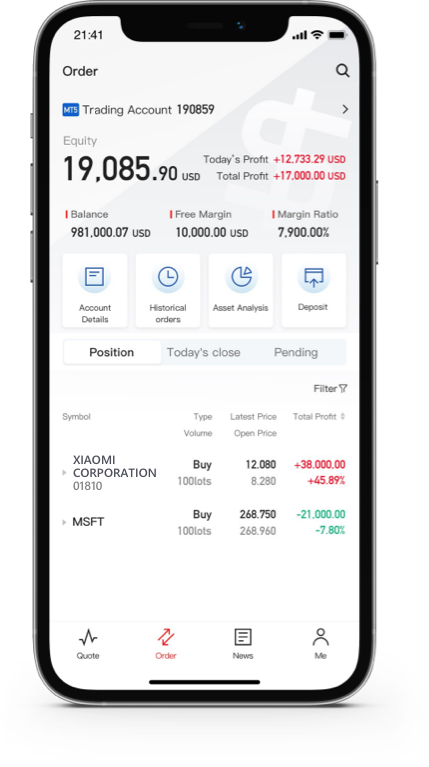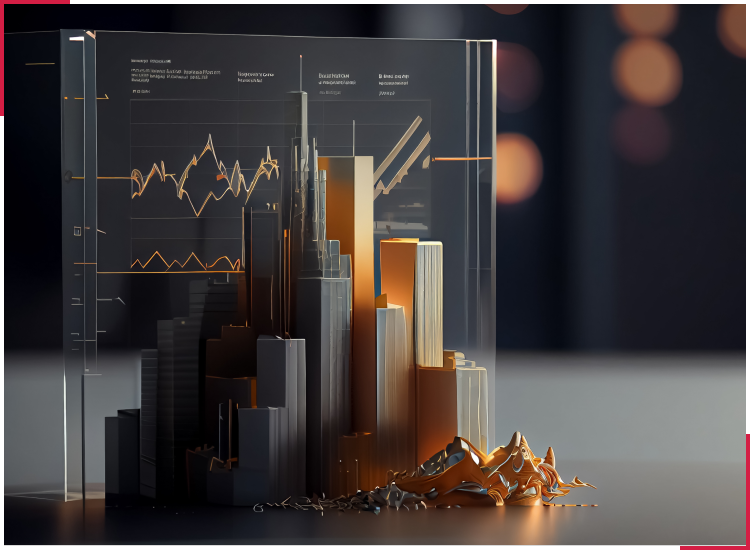Public Notice: Clarification on Unauthorised Entities Misusing the “DOO” Trademark
Date: 2024.09.01
To Our Valued Clients and the General Public,
We, Doo Capital Markets SG Pte. Ltd. (‘DCMSG’), one of the entities under the brand ‘Doo Financial’, wish to address a matter of significant concern regarding the unauthorised use of our trademark and name by entities purporting to be associated with Doo Group.
It has come to our attention that entities named “DOO FINANCE PTE. LTD.” and “Doo Financial SG Pte. Ltd.” have been misrepresenting themselves as part of the Doo Group. We would like to categorically state that these entities are not affiliated with DCMSG / Doo Financial or any other entities within Doo Group.
Key Points:
-
Trademark Infringement:
- Our labelmate, Finpo Holding Singapore Pte. Ltd., is the registered trademark owner of “DOO” (Trademark Number: 40202014611Y) and “DOO FINANCIAL” (Trademark Number: 40202101284Y) in Singapore.
- The usage of “DOO FINANCE PTE. LTD.” and “Doo Financial SG Pte. Ltd.” closely resembles our trademark and company names, causing potential confusion.
-
Fictitious Entities:
- Both “DOO FINANCE PTE. LTD.” and “Doo Financial SG Pte. Ltd.” do not appear in the ACRA Register.
- The address mentioned in their materials, 1 Temasek Avenue #23-01A Millenia Tower Singapore 039192, is not their actual operating address.
-
Forgery of License:
- The capital markets service license number used by “Doo Financial SG Pte. Ltd.” is forged.
We urge all clients and members of the public to exercise caution and verify the authenticity of any communication or interaction purportedly from Doo Group entities. For any verification or inquiries, please contact us directly through our official channels.
We are committed to protecting our clients and upholding the integrity of our brand.
Thank you for your continued trust and support.
From Doo Capital Markets SG Pte. Ltd.
Address: 1 Temasek Avenue #24-01A Millenia Tower Singapore 039192
Email Address: [email protected]
Tel: +65 63636777
Visit MAS Directory for more information





